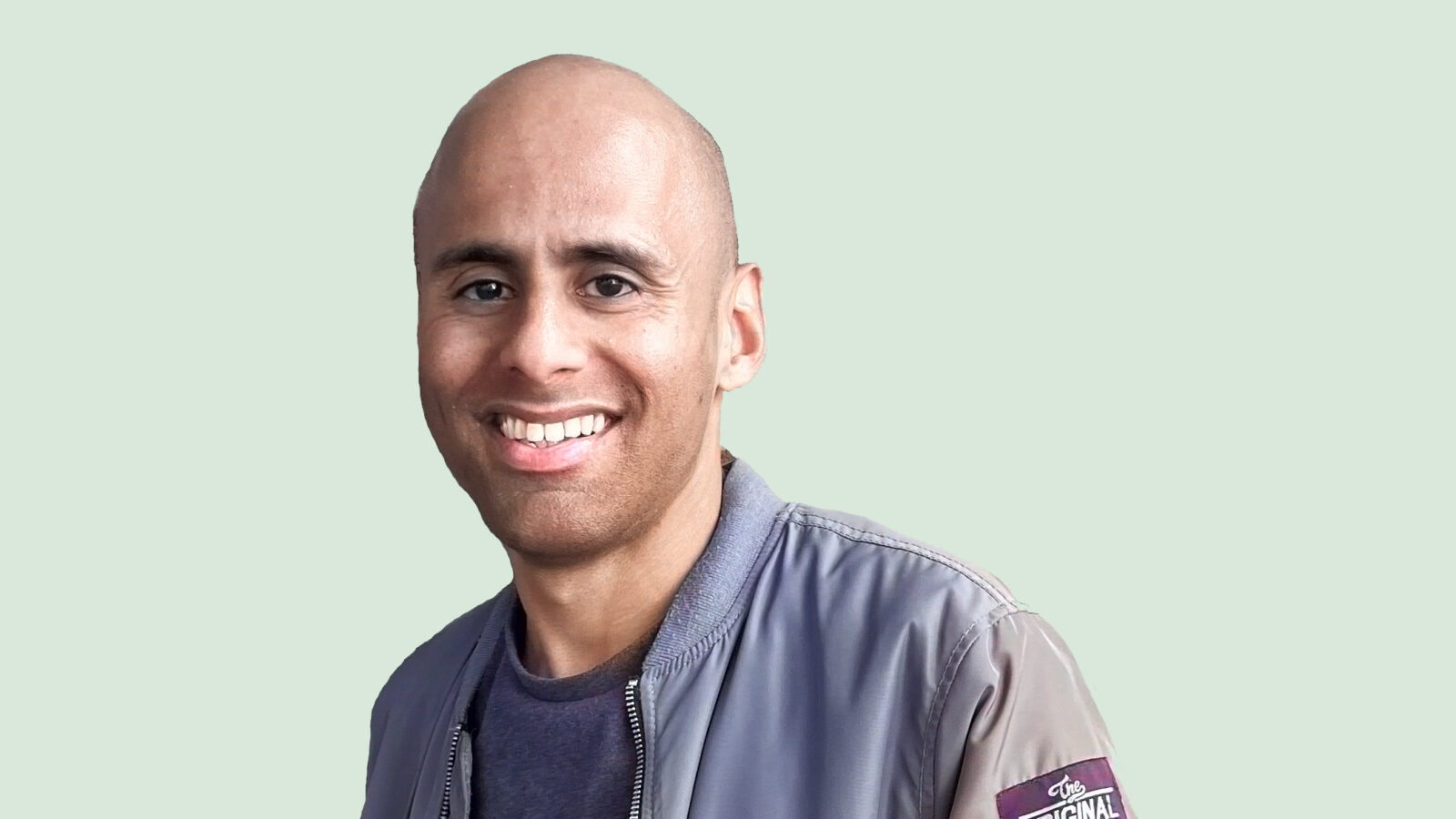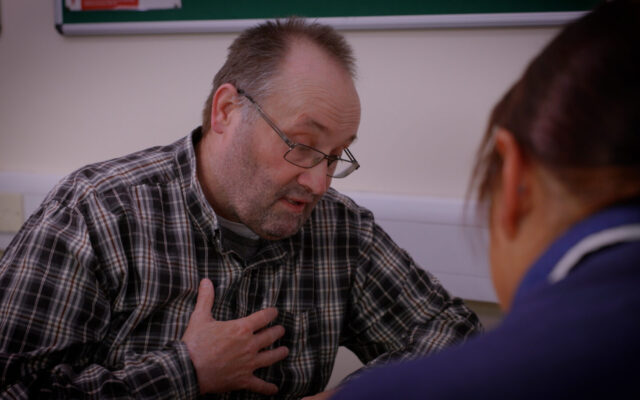Because I was working on this column at the end of the summer, I was thinking about what I did in the holiday season when I was younger.
One of my best summers was when I was 11 and I went on a day trip to Brighton with my four older siblings – my three brothers and sister.
It was the first time I’d been out of London. We didn’t have much money (we’d lost our mum, and my four older siblings were supporting me a lot). We got the coach, walked on the pier, sat on deckchairs and we ate fish and chips and relaxed.
My most recent holiday was in June when I went to Tenerife with friends. We decided when and where to go. The six of us (two guys, four girls) stayed in a hotel near the beach and we didn’t have any support staff.
We’re all in our 30s and early 40s and we met through different social nights including some events like those at Heart n Soul, the arts charity where I learned to DJ.
I was grateful for that freedom.
Someone might be able to be independent but families don’t give them the chance to experience new things. There are always ifs and buts
It is different for people who live in care settings and may not have the choice to do what they want. If they have parents, their parents might leave support workers to find out their choices. But families should see if staff are asking people what people really want to do to be more independent on a regular basis.
Decisions, decisions…
I was a co-researcher with the Feeling at Home project by King’s College London, which took three years and ended last year. I found out from people in group homes what helps them feel at home and what doesn’t. We created a toolkit to help people feel at home (see box).
Some families can be overprotective so people might miss out on opportunities to experience new things. Someone might be able to be independent but they aren’t given the chance. There are always ifs and buts.
We live in a society that’s afraid of risk. As adults, we all make mistakes and you learn to deal with these and move on.
If my mum and dad were still alive, I might not have moved into adult life so quickly with things like basic household skills. My mum would have spoiled me but, because she wasn’t around, my brothers and I did chores together, like washing up and clearing up after dinner.
The first thing I had to do was learn to iron my clothes – at 15. I love ironing. I feel I’m privileged because I want to look presentable; it gives me personal confidence to feel more comfortable and look smart when I go to work meetings.
Thinking about future holidays, I want to go to Taiwan, Malaysia or the Philippines. I want to expand my knowledge and do new things.





